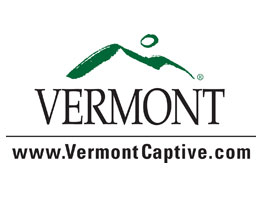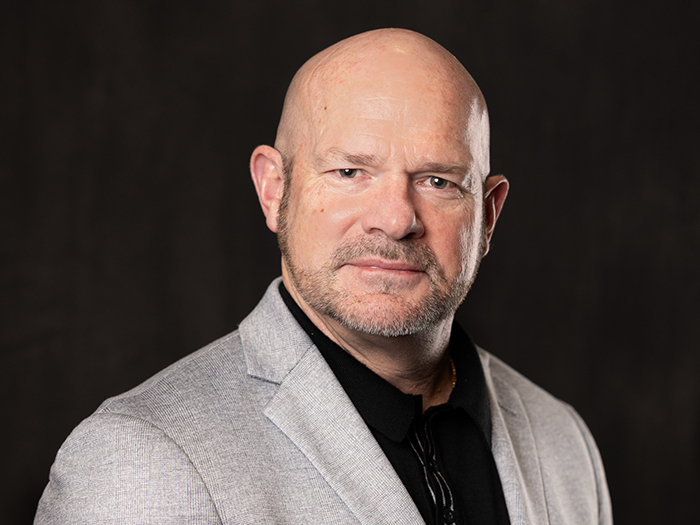White Paper
Why Captive Domicile Examinations Matter
White Paper Summary
There are a host of different factors that captive insurance companies need to take into account when deciding on where to be domiciled.
They need to look at the regulatory environment; capitalization, taxation and fees; the local captive community; and the implications of being onshore or offshore.
But what is often most overlooked is the importance of the use and quality of regulatory examinations.
Rather than relying on meeting solvency, liquidity and profitability ratios or captive managers to keep regulators informed of any potential regulatory issues, some domiciles like Vermont carry out periodic examinations to ensure compliance with their laws. Prospective captive companies might not realize that examinations can be very beneficial to them in the long run.
Thoughtful and well executed regulation is essential in establishing the credibility of a captive domicile. With over 40 years of experience and over 1250 licensed captives, Vermont has established a very robust regulatory framework for captives. This framework includes firm and fair laws, a careful and considerate licensing function, and ongoing monitoring, a vital part of which includes routine examinations. Exams (and analysis) are tools that the regulator has available to ensure the financial health and wellbeing of their regulated entities as well as the industry overall.
Dan Petterson, Vermont’s Director of Captive Examinations said, “Exams provide an opportunity to get to know our companies better, understand their challenges and successes, and learn what is driving their decision making.”
Petterson started with the Captive Division in 2010 and has seen over 1200 examinations finalized since that time. “We evolve and our captives are constantly evolving. Exams allow us to see where a company has been, but also can provide comfort that a company knows where it is going and has the resources to get there.”
So what makes examinations beneficial? One important aspect is when a domicile has properly qualified and trained staff to examine the sophisticated operations of that captive.
The examiners effectively act as a backstop to ensure that the credentials and financial information a captive management team presents when seeking licensing are sound and valid. They look at three key areas when determining how well the company is run: financial reporting; overall governance and general compliance with that State’s laws and regulations.
As a gold standard domicile, Vermont has been at the forefront of captive examinations for the past 40 years with its hands-on approach to regulation, being statutorily authorized and required to perform exams on its captives. During that time, it has built a 23-strong team of expert examiners who regularly and thoroughly examine the domicile’s 600 active licensed captives, conducting more than 100 exams a year. There is a very low turnover rate in the department and many of Vermont’s captive examiners not only have the necessary education and certifications to do their job well, but many came from the private sector in the captive industry and are using their skills in their regulatory role.
Petterson also indicated that his team spends a great deal of time refining their programs with a goal of providing an efficient and effective process tailored for each of the captives being examined.
The exam process, which is repeated every three to five years, results in the issuance of an examination report. “Exams further provide confirmation that a company is doing well via the exam report, and companies do like to report that they are doing well”, said Petterson. “Companies that choose to place their captive in a well-regulated domicile not only appreciate that level of regulation, but they expect it.”
To learn more about State of Vermont, please visit their website.







